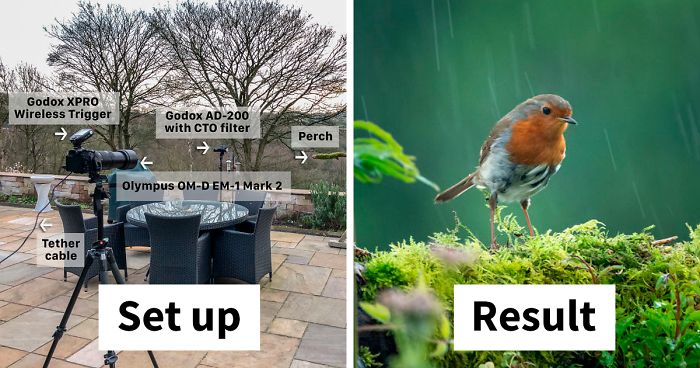
After Getting Criticized For Bird Photos I Started Setting Up Photo Stages For Them (16 Pics)
Last year I joined my local photography club. The club holds regular competitions and I was amazed by the quality of the bird and wildlife photographs. I’ve never been much of a natural history photographer. So it’s not surprising that my own photographs did very poorly in competitions.
In particular, a judge criticized a woodpecker photograph that I submitted because it was clearly on a bird feeder. “Hand of man!” he said as he dismissed my attempt.
More info: Instagram
This is where I started from. It’s a rubbish photo. We don’t want to see birds on bird feeders.
Natural history photography has more than a passing resemblance to street photography. One of the secrets of street photography is to first find your “stage” and then wait for the subjects to appear. So I thought I would apply this to photographing garden birds. I decided to set up a stage and then wait for the birds to arrive.
I have a bird table in my garden, but I knew that I needed to create a stage that didn’t reveal the “hand of man”. So I hunted down moss-covered logs, attractive blossom and created a miniature reflection pool. I then set up my camera and waited.
This picture shows how I baited the log.
I added off-camera flash to get catchlights in the birds’ eyes.
Nuthatch
Robin
Blue tit
I clipped some flowers and blossom to provide a perch.
I then captured this image of a blue tit on a magnolia bloom.
I loved the storytelling feel of this image. Time for more of the same!
My next step was to create a reflection pool. Here’s a picture I took at a hide with a proper pool. I didn’t have room for one of these.
I did it on a miniature scale by using a plastic tray from a garden centre.
I call this one, ‘Depressed robin wondering if the rain will ever stop’.
The reflection pool is small, so there’s only one angle you can shoot from.
Sparrow
Jay
Nuthatch
116Kviews
Share on FacebookIt's a really cool idea, it looks all natural - great work!
Load More Replies...These are beautiful. Gives me inspiration to actually use my lenses Ive never used. :)
Oh, you should! You could post some results here.
Load More Replies...It's a really cool idea, it looks all natural - great work!
Load More Replies...These are beautiful. Gives me inspiration to actually use my lenses Ive never used. :)
Oh, you should! You could post some results here.
Load More Replies...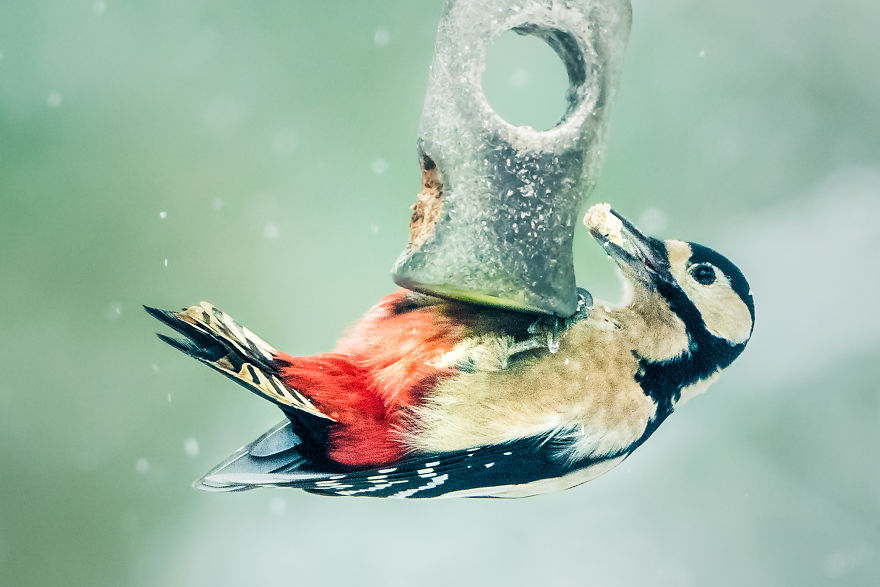
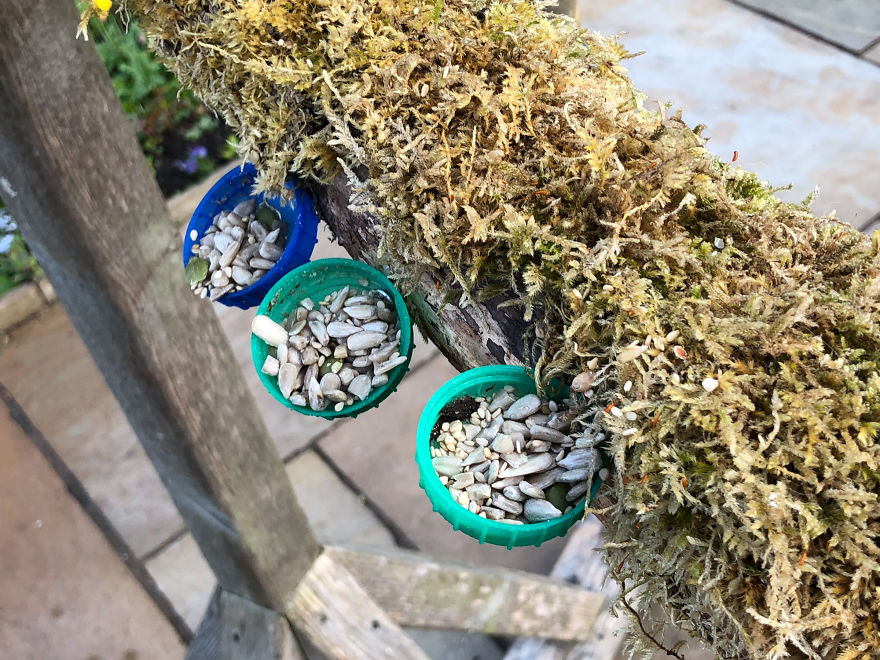
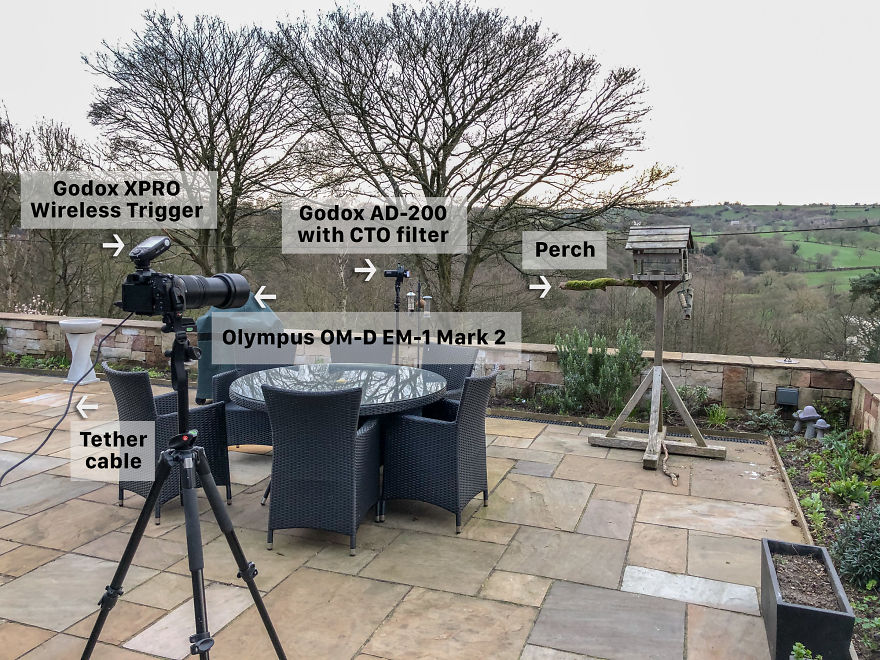
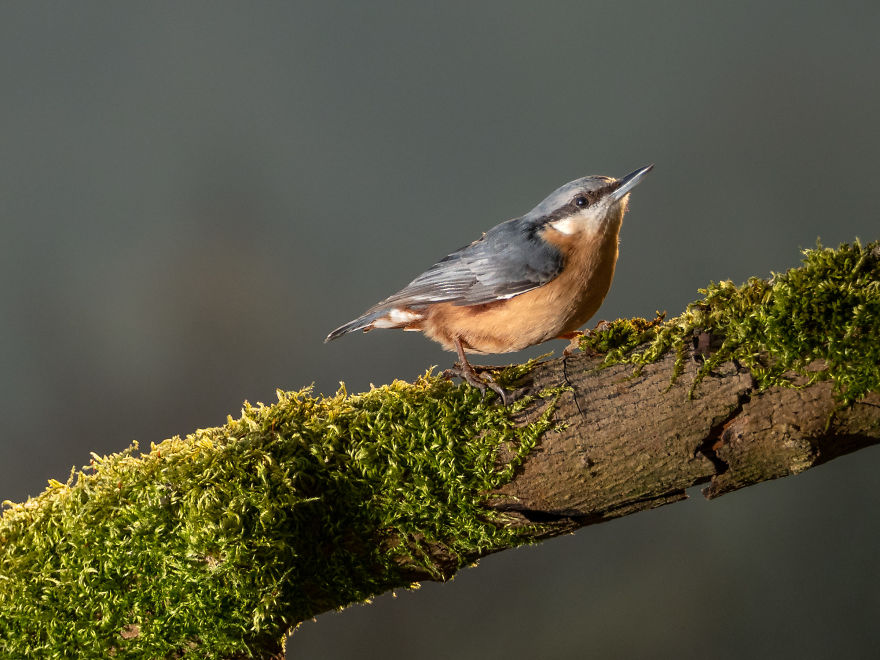
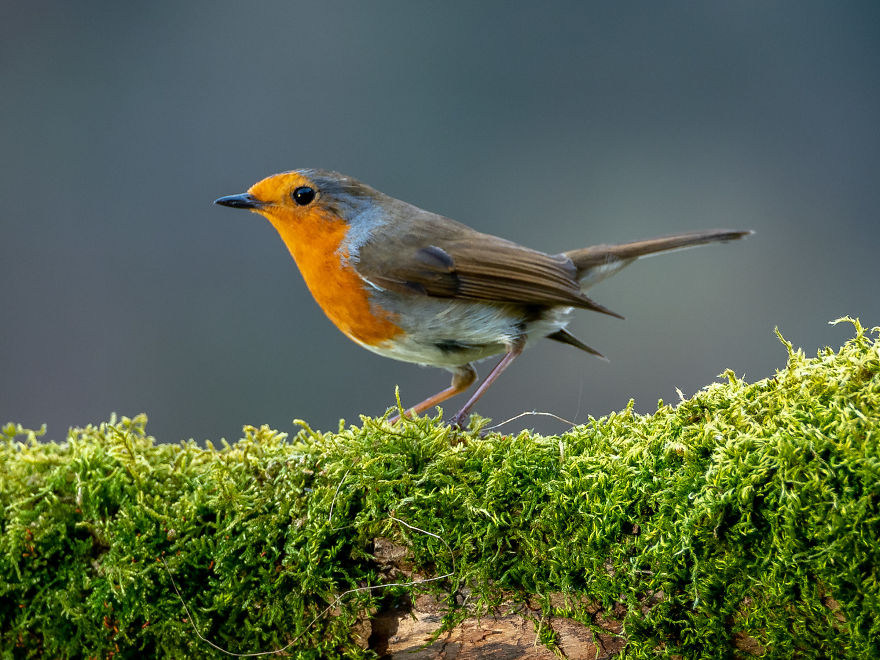
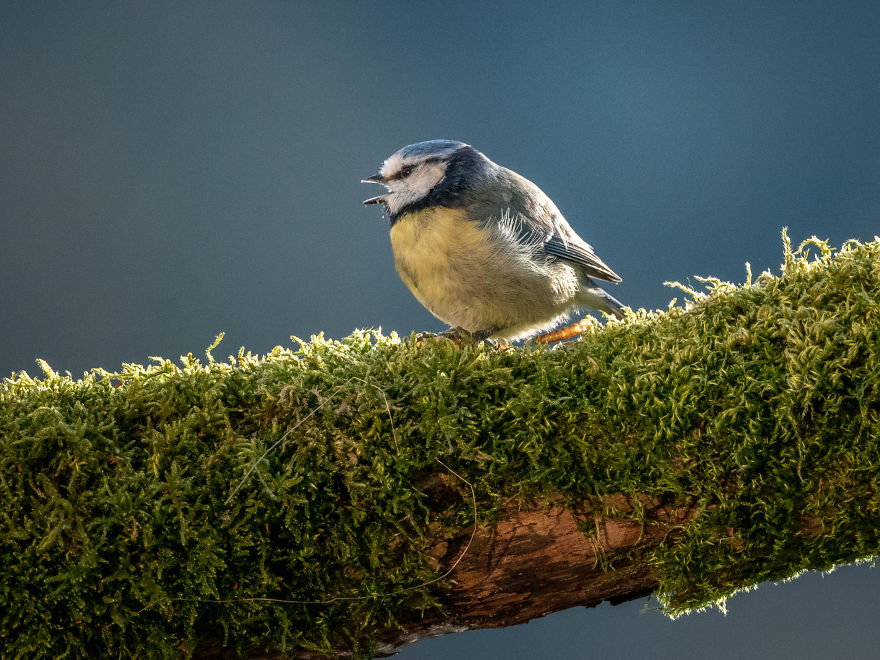
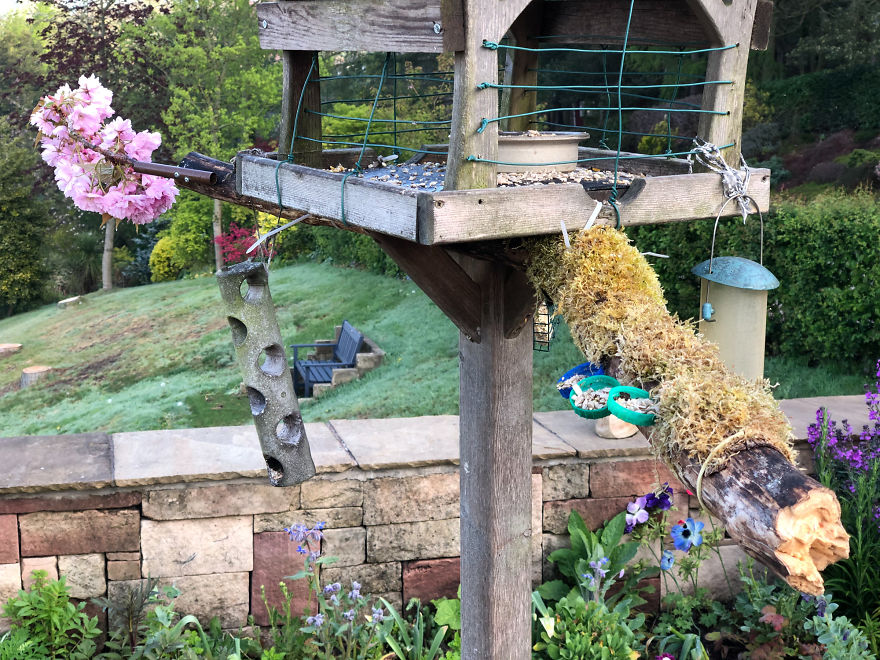
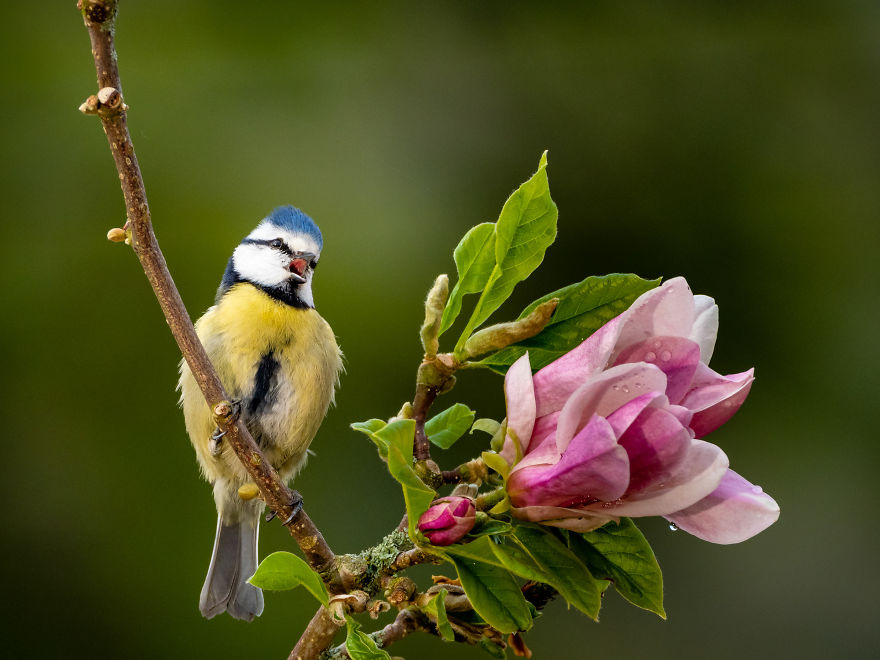
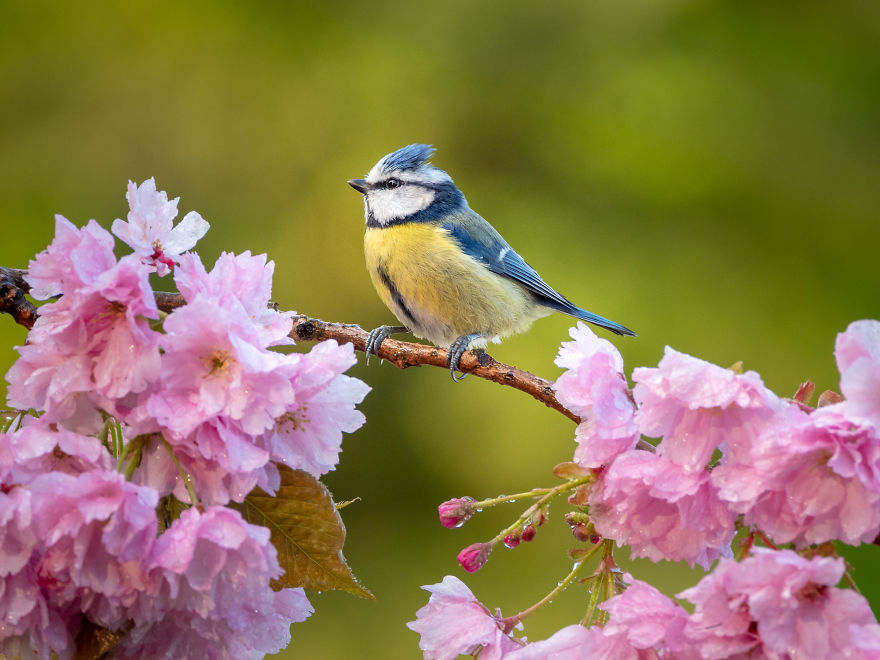
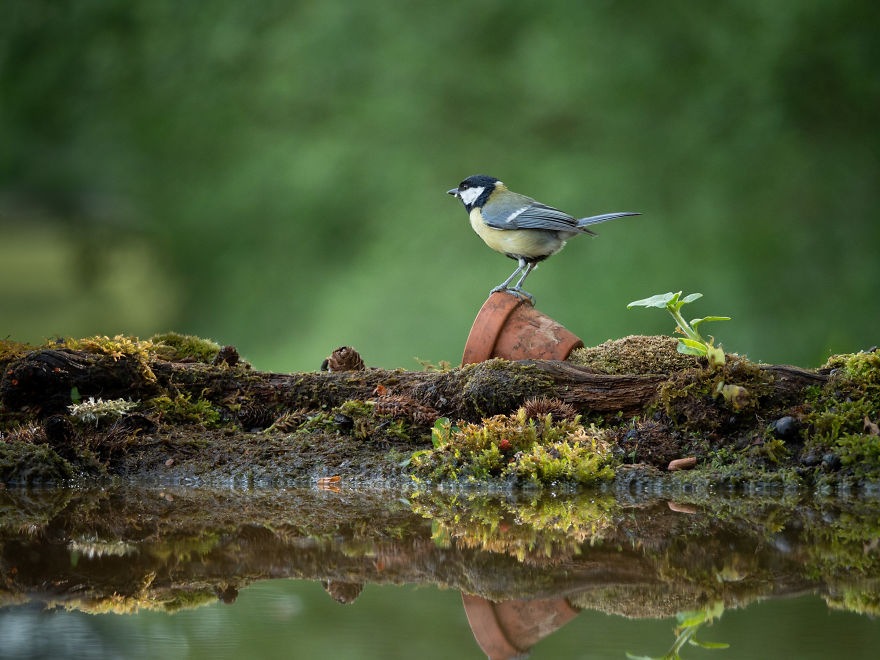
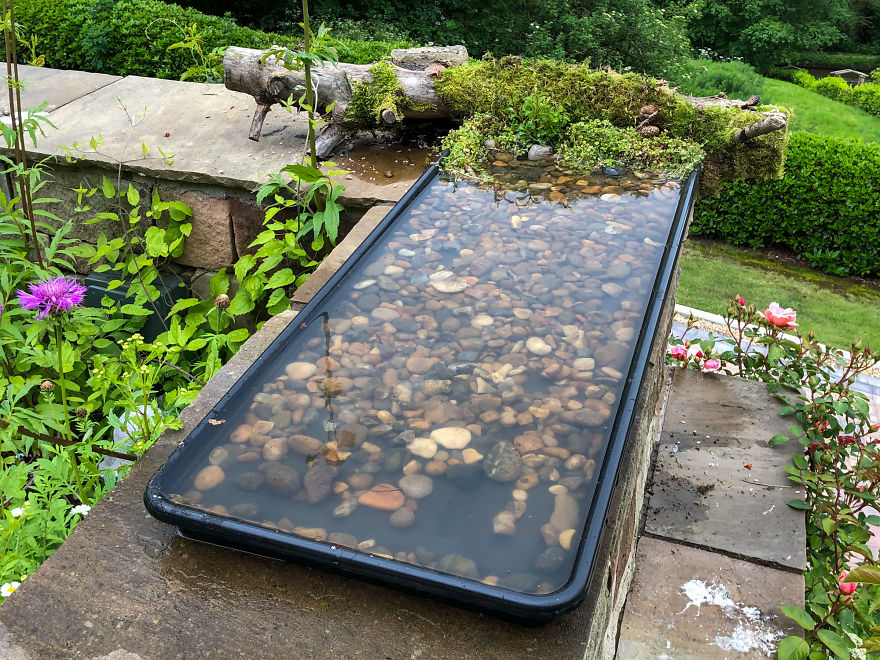
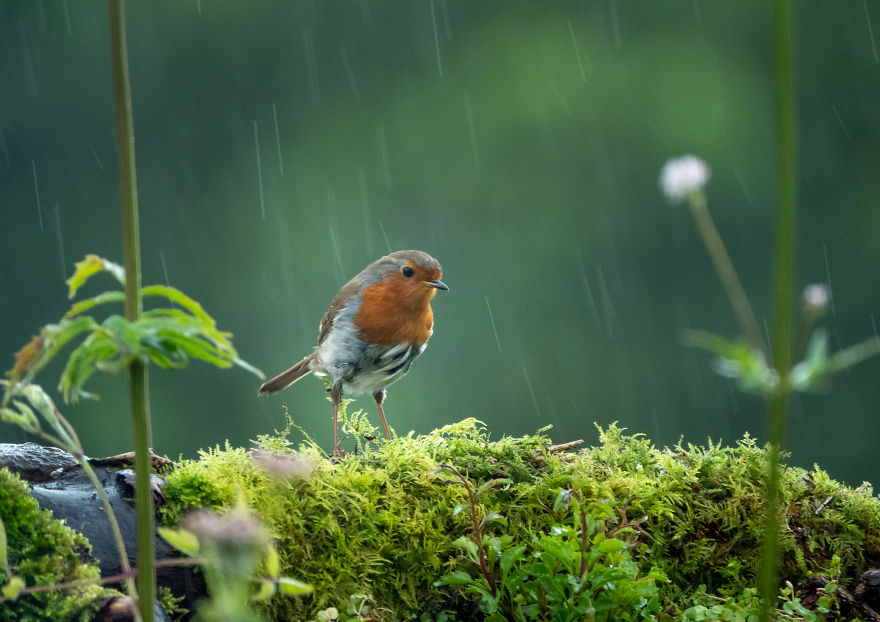
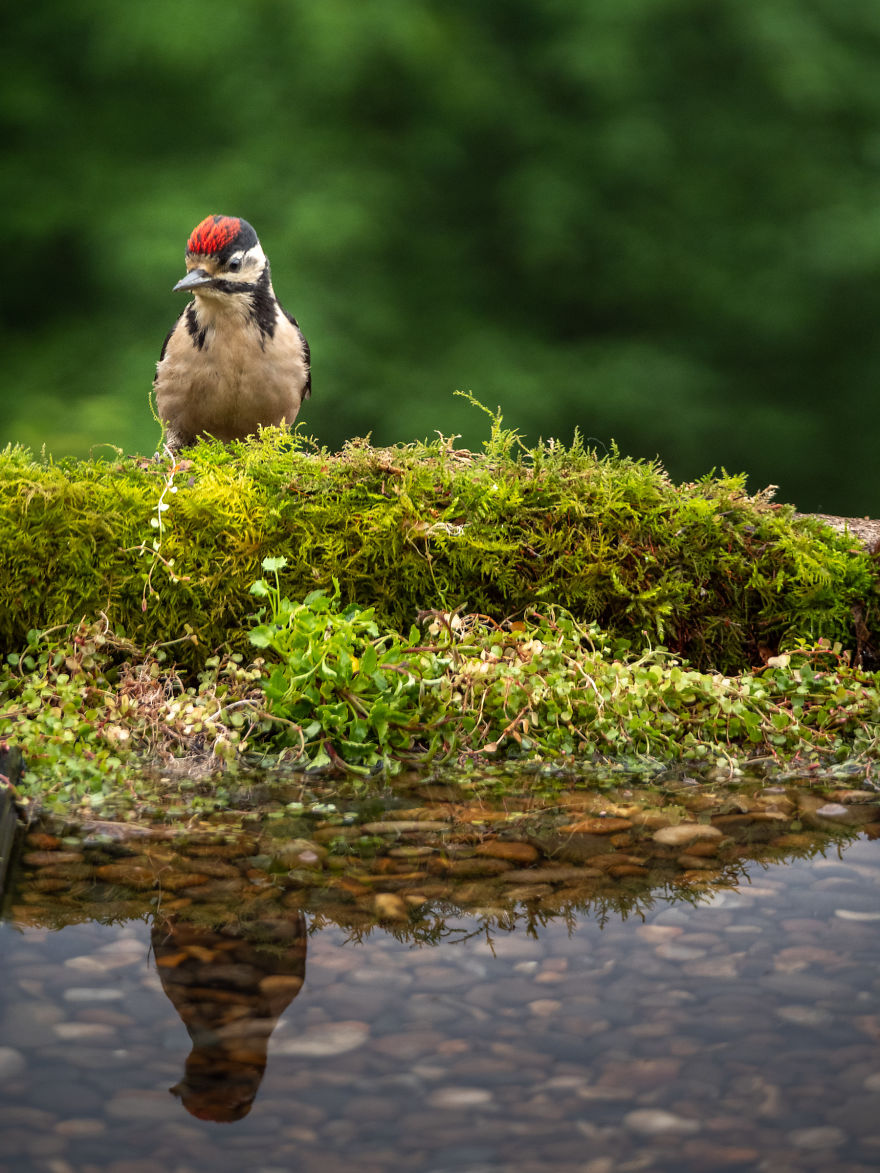
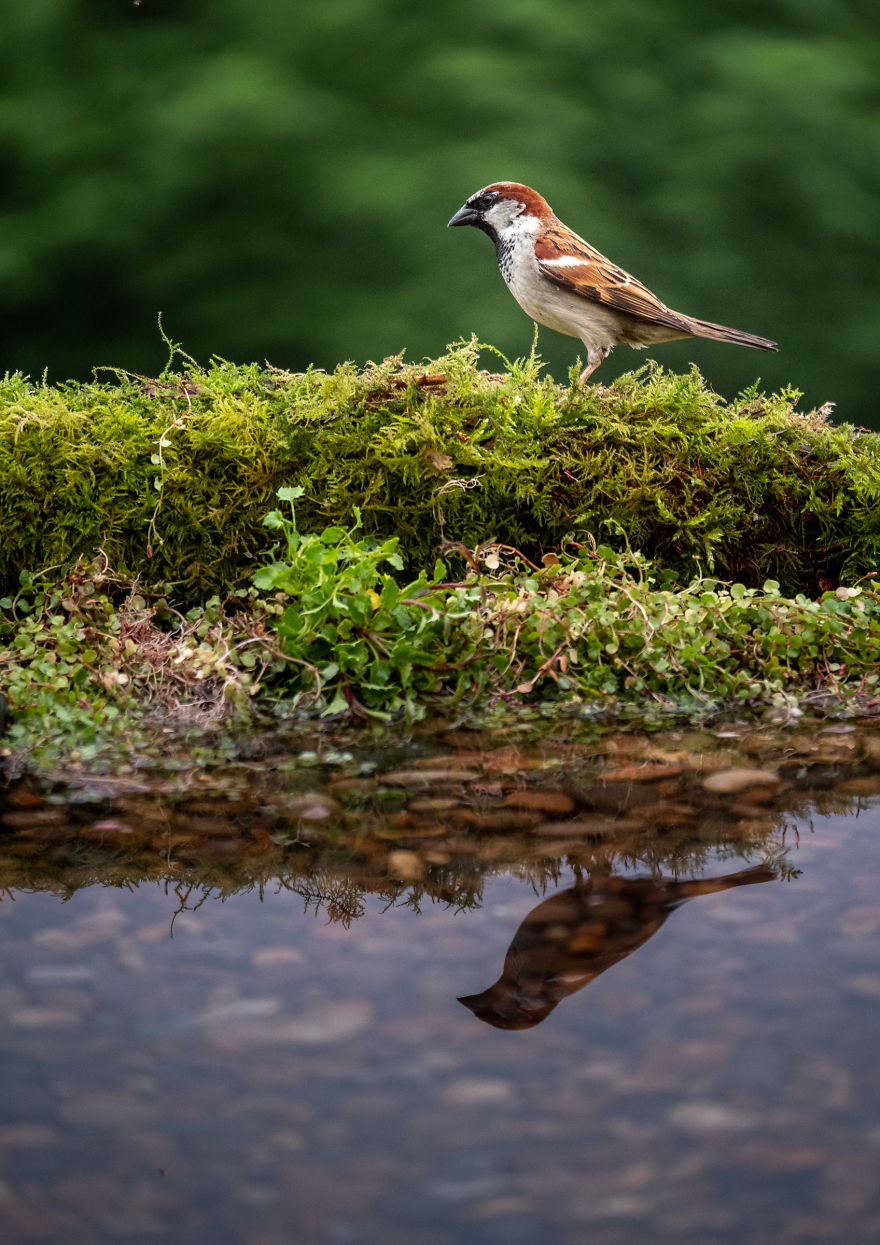
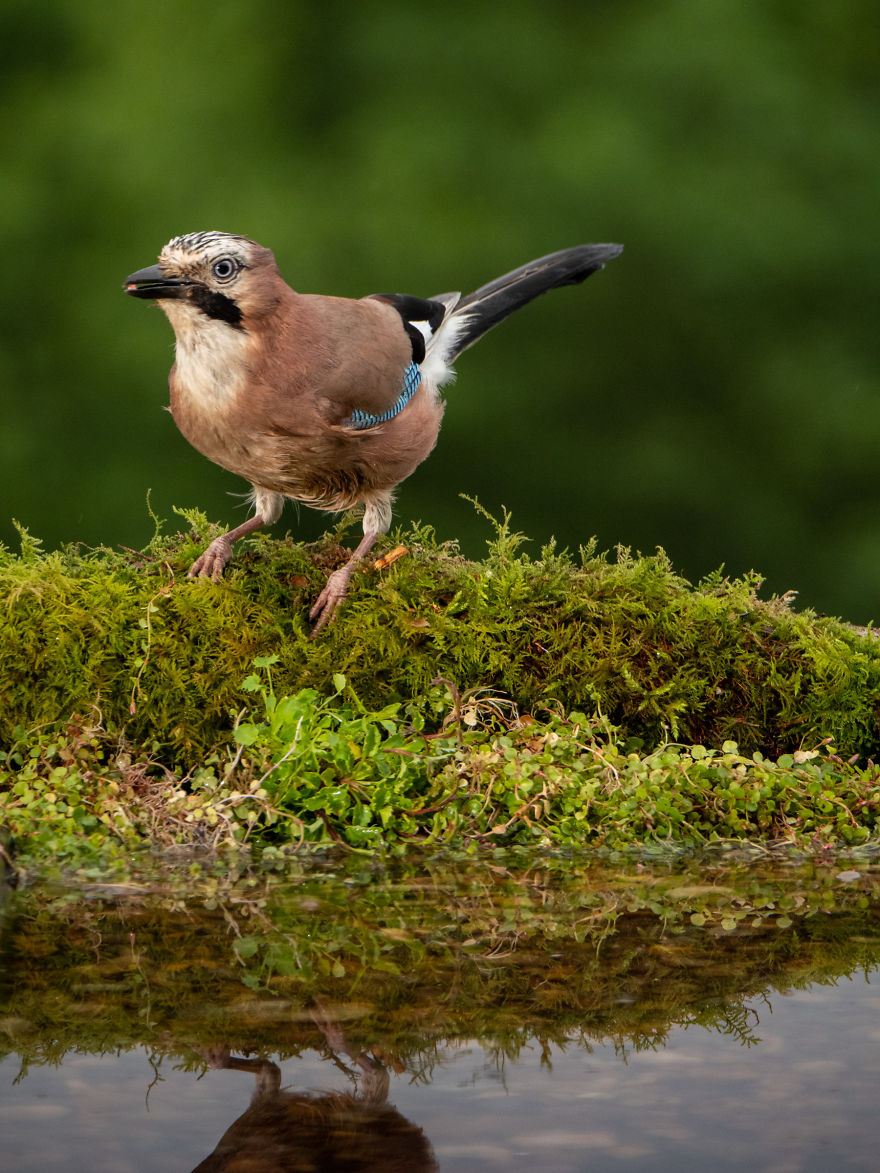
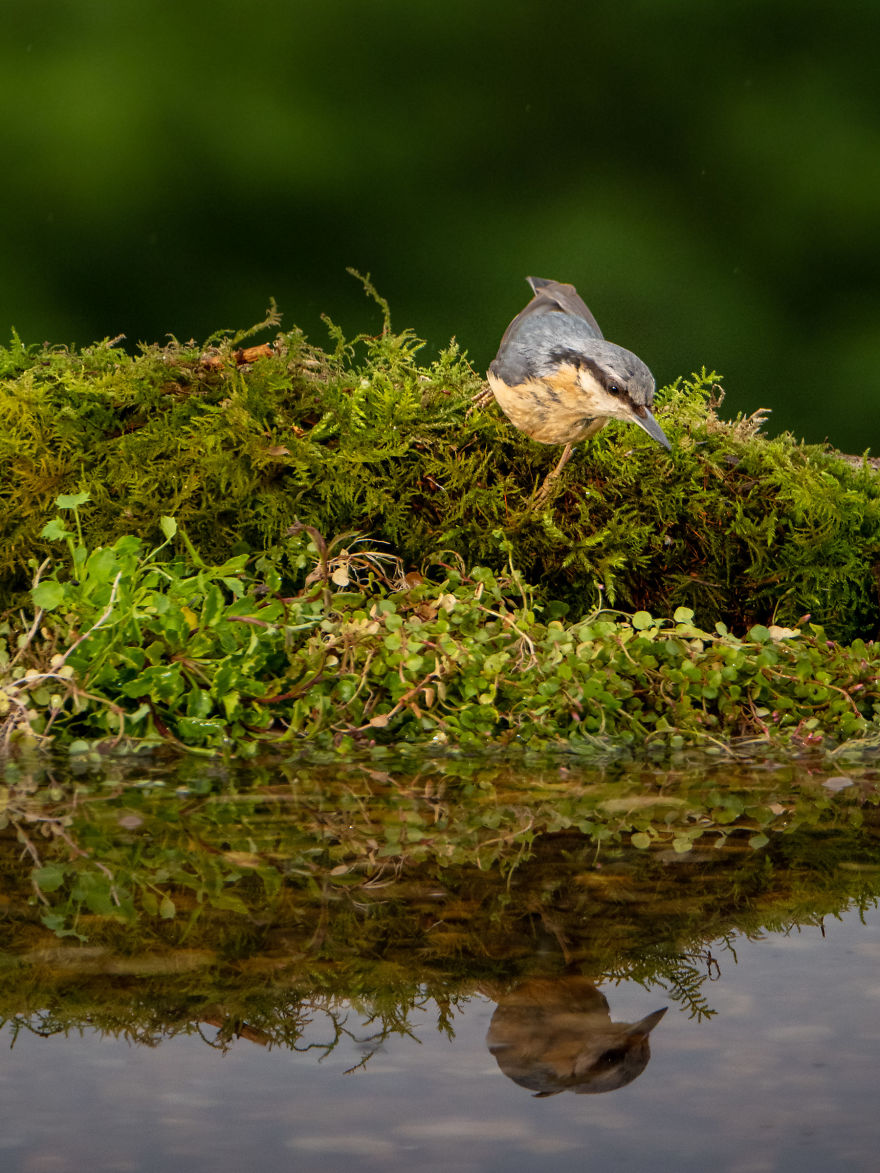



385
41